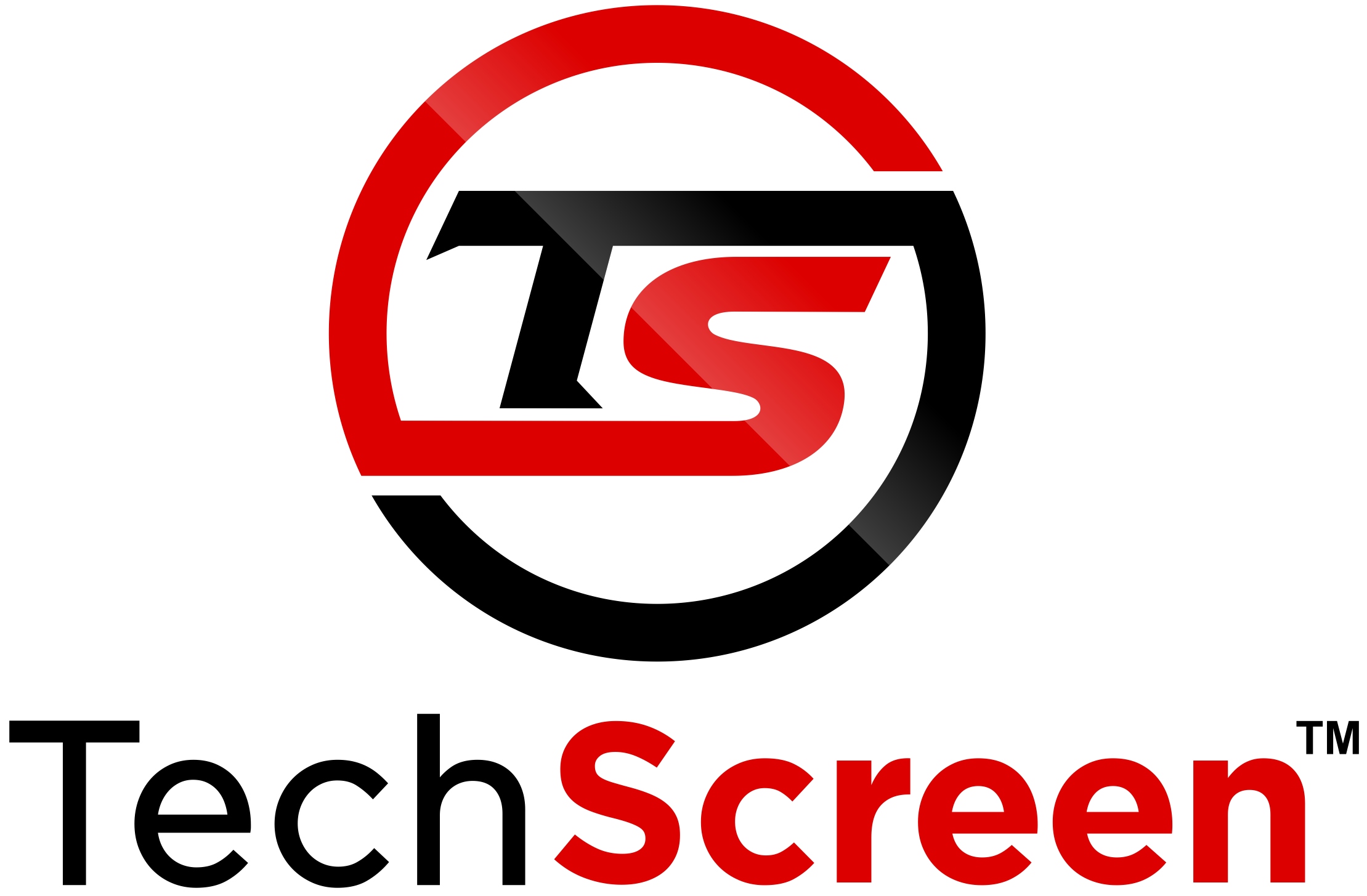By Mark Knowlton
You’re likely familiar with the expression ‘self-fulfilling prophecy’. Well, the Recruiting industry has been going through ‘self-perpetuating redundancy’ for its entire history.
Nearly all people who get into IT recruiting get their start in Staffing. Corporate TA doesn’t hire completely green new grads because there are too many people with real qualifications for them to take on the burden of training a rookie from scratch. Staffing firms, however, are willing to hire new blood and inherit their steep learning curves.
Now, the fun begins.
The new hire has two learning curves to tackle, one far more daunting than the other. Learning all of the blocking and tackling of Recruiting 101 is a significant hurdle, but taking on the realm of learning IT is like climbing a mountain with a peak that can’t be seen.
Each recruiter and AE are thrust into a foreign world, buried in a cascading blizzard of buzzwords. They absorb what they can as they frenetically pursue their KPIs and try to engage with candidates and managers, most of whom distrust and disrespect them by default due to their profession. The recruiter doesn’t even have to commit a sin against them before they dismiss their outreach attempts with silent disdain. It’s really that bad.
IT Staffing firms generally don’t have technologists among their ranks, so they are not capable of generating their own technical content. Their approach to learning about technical topics is very likely shaped by the point of view of the person who hired them into the business: My first boss simply learned IT along the way, just like everyone else. The Staffing industry has resigned itself to the assumption that learning about technology is left up to each individual absorbing terms by Osmosis. We are going to prove them wrong.
The IT training content available on the market generally shares some traits: They superficially delve into terms and definitions that require rote memorization, something that simply doesn’t scale. The other common trait is that the training is meant to be consumed in a silo, i.e., done outside the execution of their core job responsibilities.
We have come to the conclusion that the only way to provide information that helps recruiters effectively engage with technical peers is that it has to be delivered as they are doing their jobs. Recruiters are not engineers and will never understand detailed technical information with the recall of someone who uses this knowledge as part of their job. This is why we have rebranded our platform as the world’s only Technical Knowledge Platform.
The Technical Knowledge Platform has three pillars:
- Technical Interview tool
- Technical Training tool
- Technical Sourcing tool
Our technical interview tool has been deployed since 2016 and it has generated some tremendous customer wins. We created our TechScreen Certified Recruiter program and we embedded it into the Interview tool and they combine to give recruiters the just-in-time information that will let them credibly qualify IT candidates. If a recruiter doesn’t have the time do create and conduct a 5–10 question interview with our tool, they can use a slide that illustrates a technical concept and ask their candidate a question covered in that slide.
Our platform also serves as a sourcing tool because we generate a searchable PDF of the interview result. Our two biggest clients each have thousands of documented interviews that are searchable by skill and can be sorted by high score. Our clients make their database more powerful with each technical interview they document.
Our platform is the only tool in existence that provides recruiters with technical information as they are doing their jobs. It allows them to engage in a technical discovery call on demand and none of it is based on memorization of any technical content. This is the future of technical recruiting.
Recruiters will always have the unenviable job of engaging with technologists who generally don’t like or trust them. TechScreen gives them an opportunity to engage on a peer level.
Mark Knowlton is the CEO and Founder of TechScreen, Inc.

